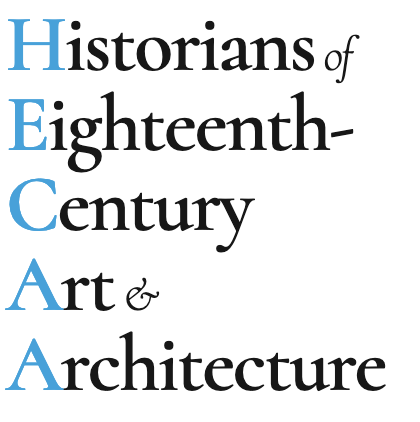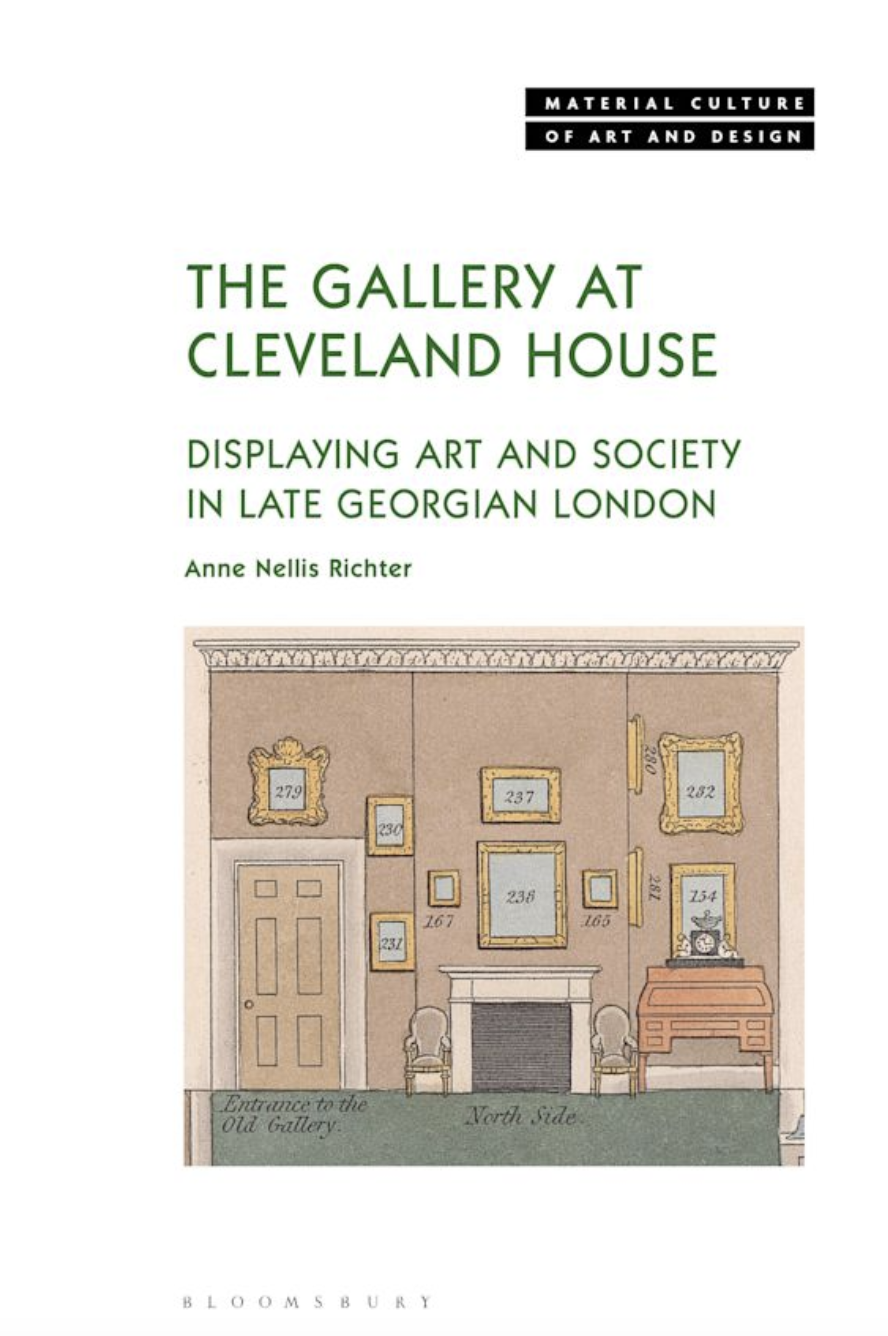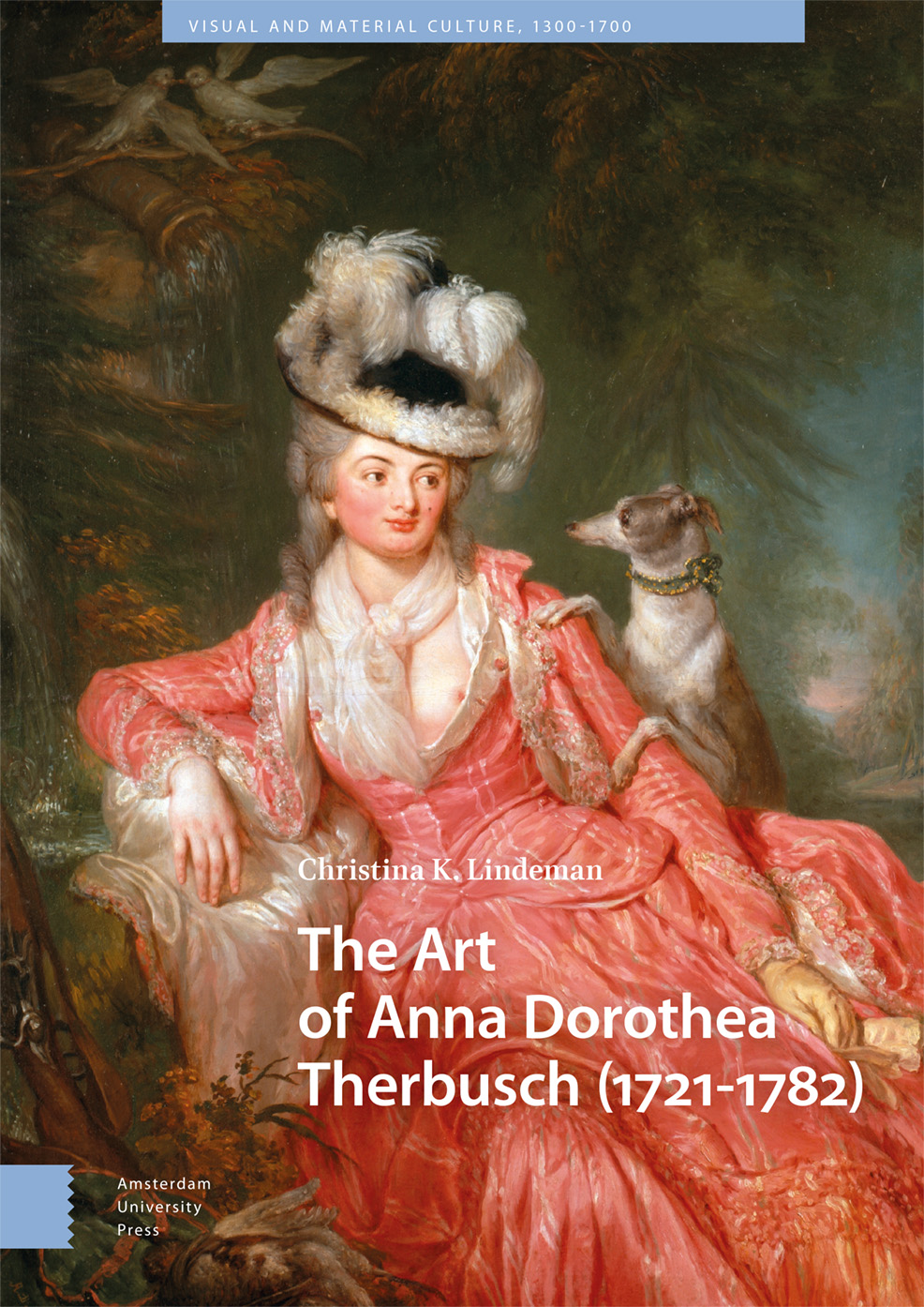Lecture | Louis Nelson on Global Houses of the Efik
Upcoming at the Mellon Centre:
Louis Nelson | Global Houses of the Efik, with Shaheen Alikhan as respondent
Online and in-person, Paul Mellon Centre, London, 5 June 2024, 5pm

Carl Wadström, Design for a House in a Tropical Climate, from An Essay on Colonization (London, 1794).
Much of the scholarship on the globalised house of the early modern period privileges colonisers creating a false impression that globalisation was unidirectional. A more responsible examination explores the ways colonised communities also engaged in acts of collection, reinscription, and identity construction. Unlike many African communities, the Efik in Old Calabar (now modern Nigeria) never gave Europeans land rights to build the trading forts that slowly became the huge slave castles now dotting the West African coast. Forbidding European development allowed Africans far greater control over the landscapes of exchange along the waterline, where British ships’ captains would purchase enslaved Africans from Efik traders. Visitors’ descriptions include lavish accounts of the ways wealthy Efik traders donned British costume, swords, cocked hats, and umbrellas. But even more surprising for many were the traders’ houses. These took the common form of a raised two-storey house with a gallery on all sides. Over generations, some of these trading families stockpiled extraordinary collections of English material goods including gilt pier glasses, sofas, marble sideboards, engravings, clocks, and handsome dining tables. Years of negotiations while dining onboard with ships’ captains also meant that these traders could easily navigate both African and British dining practices. It was common practice for Efik traders to order not just objects but whole houses. This paper explores this practice and offers preliminary frames for interpretation.
Louis P. Nelson, Professor of Architectural History at the University of Virginia, is a specialist in the built environments of the early modern Atlantic world, with published work on the American South, the Caribbean, and West Africa, and is a leading advocate for the reconstruction of place-based public history. Louis is an accomplished scholar, with two book-length monographs published by University of North Carolina Press and Yale University Press, three edited collections of essays, two terms as senior co-editor of Buildings and Landscapes—the leading English language venue for scholarship on vernacular architecture—and numerous other articles. His work focuses on the early American South, the Greater Caribbean, and the Atlantic rim. Architecture and Empire in Jamaica (Yale, 2016) won three major book awards and was very positively reviewed in twelve different venues ranging from the popular Times Literary Supplement to the scholarly William and Mary Quarterly, The Art Bulletin, and Architectural History, many calling it a tour de force.
Shaheen Alikhan’s dissertation work, continuing from her MA thesis in architectural history on the construction of eighteenth-century slaving vessels, focuses on the reshaping and creation of waterfront spaces to facilitate the transatlantic trade in enslaved Africans. These liminal spaces, essential but unique within the larger landscape of chattel slavery, represented concentrated areas in which enslaved and legally free Africans and members of the African diaspora took opportunities to learn, communicate, earn wages, and build relationships and they have been largely overlooked. As an architectural historian, Shaheen has contributed to anthologies pertaining to the Caribbean world and reparative justice, and worked as a digital documentation specialist. She is currently in discussion with a publisher about her book Building a Floating Prison: Slave Ships throughout the Long Eighteenth Century.
Conference | Enslavement and Art: Forced Labor
From ArtHist.net:
Enslavement and Art: Forced Labor in the History of Art
Online and in-person, Humboldt Labor at the Humboldt Forum, Berlin, 17–18 June 2024
Organized by Eva Ehninger and Ittai Weinryb
Registration due by 15 June 2024
Forced labor is a broad category all too often taken to comprise a human condition whose only shared feature is broadly defined as the control over another human, especially in regards to their labor and reproductive capacities (categories of ‘slavery’, ‘forced labor’ as well as ‘unfree’, ‘enslaved’, and ‘indentured human condition’ are still poorly defined in this context). Forced labor was and continues to play a central role in the intimate entanglement of aesthetics and commerce. Art production and patronage were part of networks that unfree humans aided in financing. These networks continue to echo in the collections, libraries, and museums, many built through the profit of unfree humans, that hold premodern and modern art today. This conference seeks to expand our current understanding of the role forced labor played in the world of art making and consumption. It challenges concepts of heritage and their corresponding attributions of identity, representation, and ownership, and looks at transformations of value, from the perspective of forced labor. Hopefully, this conference will therefore prompt comparative thinking to uncover the foundations, the structures, the practices, as well as the sustained consequences and current realities of forced labor in relations to art.
Admission is by registration only. To participate on-site or via Zoom, please register here»
m o n d a y , 1 7 j u n e
9.00 Coffee
9.30 Introduction by Eva Ehninger (Berlin) and Ittai Weinryb (New York)
10.00 Space
Moderation and Response: Elisaveta Dvorakk (Berlin)
• Valika Smeulders (Amsterdam) — ‘… Placing a Moor Next to Young Girls’: The Colonial World Order in Dutch Art
• Meredith Martin (New York) — Neoclassicism and Pro-Slavery Ideology in Paris and Saint-Domingue
• Burcu Dogramaci (Munich) — Remembering Forced Labor: DP Artist Exhibitions in Munich in 1947 and 1948
12.15 Lunch Break
14.15 Capital
Moderation and Response: Johanna Függer-Vagts (Berlin)
• Anna Arabindan-Kesson (Princeton) — Mobile Enclosures: Cultivating Plantation Life across the British Empire
• Carrie Pilto (Amsterdam) — Someone Is Getting Rich
18.00 Other Women Stopped Work and Joined Us: Filmic Re-imagination of Work in Yugantar‘s Molkarin
Film Screening and Conversation with Pallavi Paul (New Delhi) and Nicole Wolf (London)
Organization and Moderation: Aisha Allakhverdieva, Franziska Blume, Justine Ney, and Hanna Steinert (Berlin)
Kino Central (Rosenthaler Str. 39, 10178 Berlin)
t u e s d a y , 1 8 j u n e
10.00 Materiality
Moderation and Response: Juliette Calvarin (Berlin)
• Jennifer Chuong (Cambridge, MA) — An Unforced Production: Dox Thrash and the Invention of Carborundum Engraving
• Elizabeth Dospel Williams (Washington, DC) — Concealing / Revealing: Depictions of the Enslaved in Late Antique Furnishing Textiles
• Matthew Rampley (Brno) — Modern Architecture and Global Material Extraction
12.15 Lunch Break
13.45 Body
Moderation and Response: Katja Müller-Helle (Berlin)
• Ana Lucia Araujo (Washington, DC) — Iron: The World Enslaved Blacksmiths Made in the Americas
• Mahalakshmi Rakesh (New Delhi) and Sneha Ganguly (New Delhi) — Artisanal Production and Agency: Regulations and Control in Early India
• David Joselit (Cambridge, MA) — Disfiguration and Survivance
16.00 Closing Remarks



















leave a comment